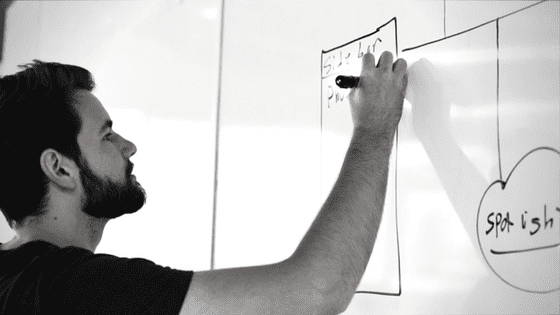More than 60% of small businesses in Australia fail during the first three years of establishment. Research has found that those initial three years are crucial in determining the fate of the business[1]. John Corias, Senior Partner of small business accounting firm m.a.s accountants, shares his take on the top 5 challenges small businesses face and how to overcome them:

- Rising energy bills
“Rising energy and power bills is an alarming issue for everyone in Australia but it is especially crippling for small businesses. Energy costs can be a significant percentage of a small business’s turnover but there are ways to mitigate this issue. Firstly, have a look at what a broker can do for your business in the energy space. Energy brokers can perform an audit and inform you of the best supplier depending on your business’s needs. There are only two power grids in NSW yet there are numerous suppliers so it’s important to look at the contracts and compare them. Another way is to look at different forms of energy, such as a solar installation system, where you can sell power back to the grid. The upfront cost is larger but these installations can save you money if you have a long lease. Lastly, look at long-term energy over a long period of time as the rates will drop significantly.” - 457 Visa
“The 457 visa was a way for Australian or overseas employers to sponsor skilled overseas workers to work temporarily in Australia. Reforms since the 1st of July meant the visa was abolished and replaced with a new Temporary Skills Shortage visa. These changes affect all industries. However, small businesses need to work within the landscape – that means working with who we have in this country. Invest in your staff and train them to be who you need. There is no quick fix. You need to actively check the productivity of each staff member. A way to do this is with timesheets and monthly reports to improve efficiency. By keeping track of these you will notice if there are inefficiencies occurring and can work with your team to rectify it. If you employ staff on a full-time contractual basis, they should be working 9-5, not coming in on a Saturday because that means your small business is understaffed. Overworking your staff means they will burn out a lot faster. They are the ones that leave after you’ve invested in them, resulting in high staff turnover.” - Cash Flow headaches
‘If you need to pay your expenses before you recoup money owing to you, then you have a cash flow problem. Whether it is gas, water, waste or rent, small businesses must monitor all expenses. There are benchmarks for business and wage costs. A way to keep an eye out for these things is to invest in a good piece of accounting software (i.e. Xero) that integrates with your business. The last thing you want to do after managing the business all day is to go home and work out figures and numbers – smarter technology will help you with that. If your business structure allows it, a great way to alleviate cash flow headaches is to take payment via credit card or direct debit. This puts you in control of getting paid on time and allows for more cash into your account more often.” - Fearing a big tax bill
“There’s the saying that there’s two things that are inevitable in life: death and paying taxes. As accountants, we do our best to minimise the amount of taxes you have to pay. However, I advise my clients to try to change their mindset when it comes to paying tax. Ultimately, the bigger your tax bill, the better your business is doing. Small businesses should be accepting of this as it means your business is doing well. It’s encouraging to see that Australians believe they are paying the right amount of tax (51% of the population) and this figure is rising every year.[2]” - Not considering legal and accounting aspects of the business
“Often when small businesses are looking for accountants or lawyers to solve a big problem, it’s too late. If you cannot afford a lawyer or an accountant when starting your business to make sure everything is set up correctly, then you should think twice about starting your own company. These are crucial areas of your business that it is wise to invest in before starting. The cost of fixing the problems in your small business rather than preventing them is significantly higher. It’s similar to buying a house and not being able to afford insurance – it’s too risky and a potential disaster.”
[1] https://www.nirmal.com.au/challenges-faced-by-small-businesses-sydney/
[2] https://www.psychologytoday.com/blog/the-science-behind-behavior/201704/paying-income-taxes-makes-us-happy






















